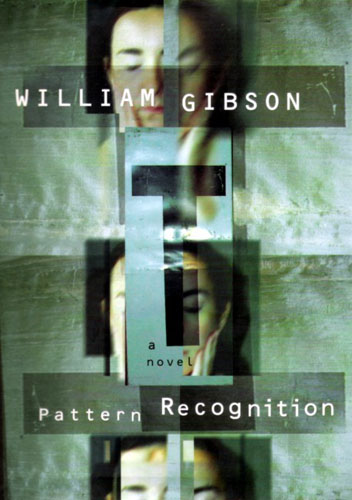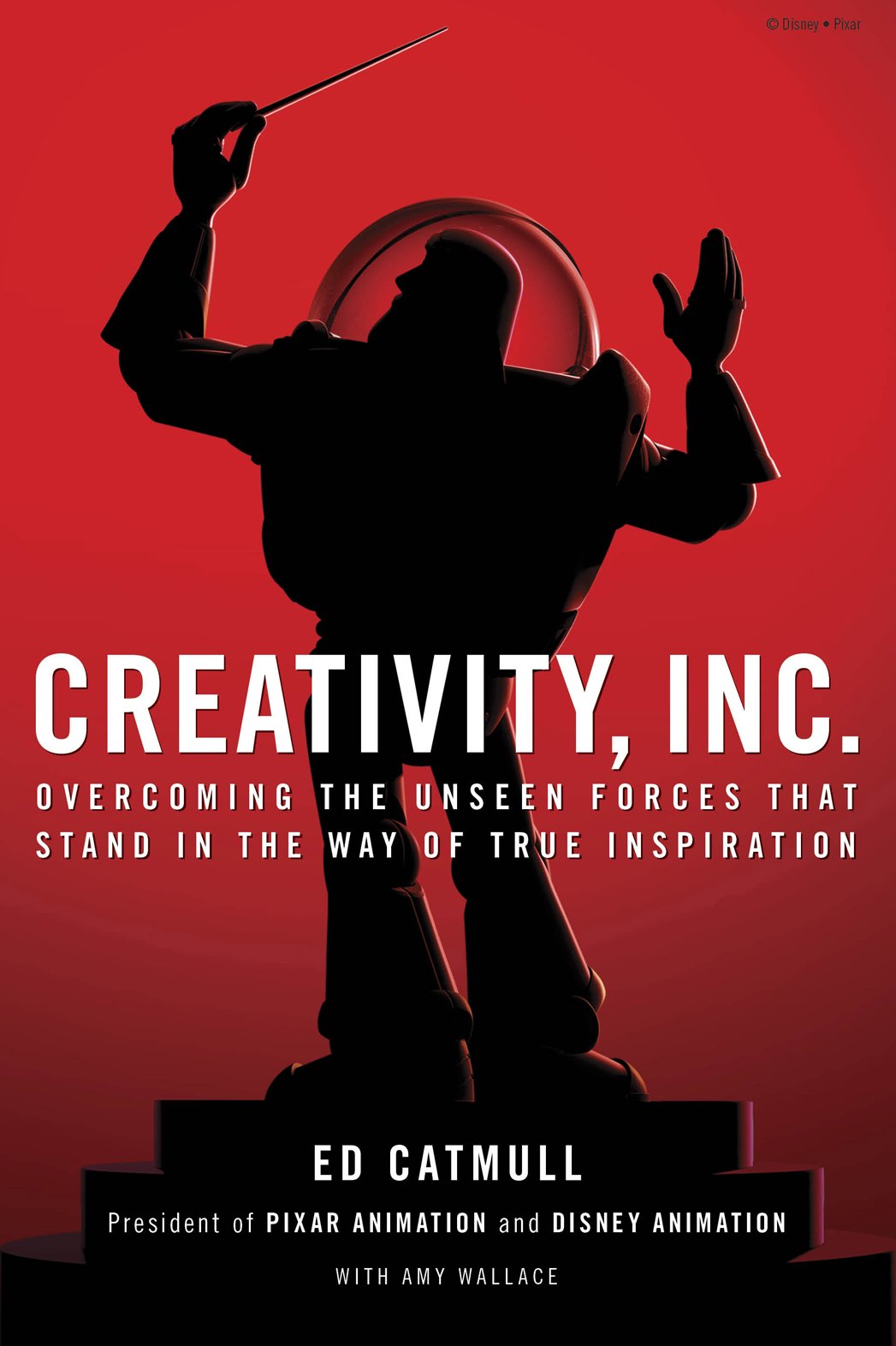Estimate time to read this page: 3 – 4 minutes
Edition Reviewed: Audiobook
Recommendation: Consume it.
 I read a lot of Seth Godin books. I have ever since I read an excerpt of The Purple Cow in Fast Company back in the ’90s. I like Seth. He’s a guy that can have a wild idea, and then sit down and cogently explain to you why his wild idea is the most sensible thing anyone has ever thought or said, even as the experts around him are trying like hell to tell you otherwise. In many ways, I want to be Seth Godin when I grow up…except a better designer. 😉
I read a lot of Seth Godin books. I have ever since I read an excerpt of The Purple Cow in Fast Company back in the ’90s. I like Seth. He’s a guy that can have a wild idea, and then sit down and cogently explain to you why his wild idea is the most sensible thing anyone has ever thought or said, even as the experts around him are trying like hell to tell you otherwise. In many ways, I want to be Seth Godin when I grow up…except a better designer. 😉
Linchpin is the book that pulls together a lot of threads that he’s laid out there in the past, in books like Purple Cow, Tribes, and The Dip. Linchpin tells you, in no uncertain terms, that these things aren’t about brands or leadership or challenges, but about love. Really, this book is a love letter to loving your work.
The subtitle of this book is “Are You Indispensable?” because Mr. Godin spends a fair amount of time talking about the idea that keeping your head down and doing good work is a great way to find yourself out of a job the next time there are layoffs and they decide someone half your age or halfway across the world can do your job almost as well for half the money.
The larger subtext is closer to, “Don’t be a cog.” In his previous book (I think it was Tribes, although I honestly don’t recall) Seth introduced the concept of the factory; a workplace in which labor is a commodity and workers are interchangeable. The point in Tribes was that in the past, we had to own the factory (or be the King) in order to lead the tribe. In Linchpin he tells us that the only way to remain relevant is resist becoming a cog in the factory…to avoid being interchangeable.
This is especially important to designers, because one of the chief arguments that we hear designers making against some of the “innovations” that are attempting to destabilize our industry is that design is not a commodity. Design, after all, depends a great deal on the person who is making it. It derives its value at least in part from the insight of the individuals creating it.
However…
In lots of design studios, in lots of art departments, and for lots of freelancers, that’s not really true. Lots of designers adhere to the golden rule, “He who has the gold makes all the rules.” They give the client what they ask for, no matter what. They’d rather have a happy customer than a successful client. To those customers, design is a commodity, since they would have gotten (as far as they can tell) the same product out of any designer they hired to do the work. If work is going to be indistinguishable (remember we’re talking about their viewpoint, not yours), they should absolutely get it for the lowest cost possible.
This is why I think Linchpin in such a valuable book for designers: a career in design is hard, and you gotta love it to stay in. Those of us who do almost uniformly love it with a deep and abiding passion. What differentiates us from all the other designers with a deep and abiding passion for design? To whom can we make ourselves indispensable?
It’s a tough question, right?



